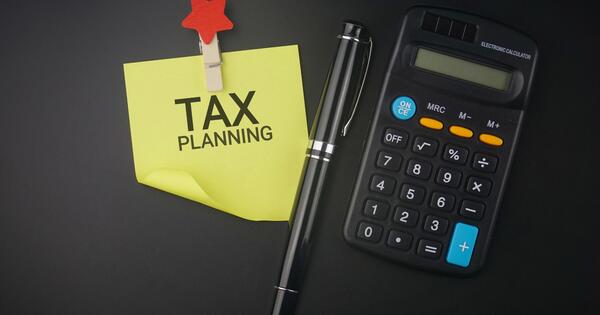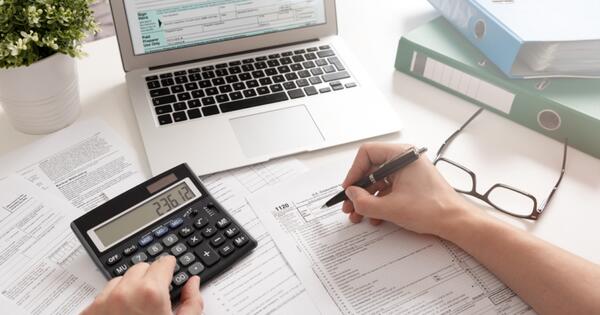On August 31, 2020, Governor Gavin Newsom signed into law AB 3088. AB 3088 provides a statewide framework for temporarily preventing evictions due to non-payment of rent that comes due between Sept. 1, 2020 and Jan. 31, 2021 for residential tenants who are under financial distress as a result of COVID-19. For rent payments that were due between March through August 2020, tenants and landlords should continue to follow local and county ordinances.
Background and Tenant Relief Act
Historically, the eviction notice period for non-payment of rent was three days, which is now been extended to 15 days (excluding weekends and judicial holidays) under the Tenant Relief Act. This is intended to provide additional time to the affected tenant to either pay the amount of rent due or provide the landlord with the required “Declaration of Hardship” to qualify for the new eviction protections.
- Residential tenants have eviction protection for non-payment of rent or other charges that become due between Sept. 1, 2020, and Jan. 31, 2021, if the tenant provides the landlord with:
- A written declaration stating his/her finances have been negatively impacted as a result of the COVID-19 pandemic (additional documentation may be required for a “high-income tenant” defined below)
- Pays at least 25 percent of the unpaid rents by Jan. 31, 2021
- On Feb. 1, 2021: Landlords can evict tenants who had COVID-19 related hardship but failed to pay 25 percent of the unpaid rent due Jan. 31, 2021 for the period Sept. 1, 2020, through Jan. 31, 2021.
- “High-income tenants” may need to provide additional documentation proving they have suffered financial hardship due to COVID-19. The landlord requires tenants to provide a written declaration supporting documentation (e.g. loss of income, bank statements, and others). A high-income tenant is defined as someone who has an annual household income of 130 percent or more of the county’s average annual income or more than $100,000 annually.
Landlord's Responsibilities
Landlords are required to:
- Serve a 15-days' notice to tenants
- Provide their tenants with blank copies of the hardship declaration form along with printed information regarding their rights and protections under AB 3088
- Provide the blank declaration in the same language as the lease
Landlords can be fined anywhere from $1,000 up to $2,500 for not following the new guidelines.
Collection of Rents
- AB 3088 does not forgive unpaid rent from Sept. 1, 2020 through Jan. 31, 2021 but defers it until Feb. 1, 2021.
- The amounts owed will be converted to consumer debt. The landlords can recover unpaid rent by filing in small claims court.
- As of March 1, 2021, landlords can file small claims cases for any back rent owed.
- Currently, small claims courts are only limited to $10,000 claims. However, AB 3088 allows a landlord to attempt to recover any amount of unpaid rents including amounts exceeding $10,000.
GHJ Insight: The tenant should make arrangements with the landlord to pay the remaining 75 percent of the rent due to avoid small claim litigation and maintain the relationship. Proactive communication and setting up a possible installment plan will go a long way in establishing a collaborative effort between tenants and landlords during these unprecedented times. Note that AB 3088 provides eviction protection due to non-payment of rent from COVID-19 financial hardship only. Eviction for other lawful reasons are can still proceed as normal.
GHJ will continue to monitor this matter and to provide updates as needed. Please contact a GHJ tax advisor with any questions or to discuss how above may affect you or your business.










